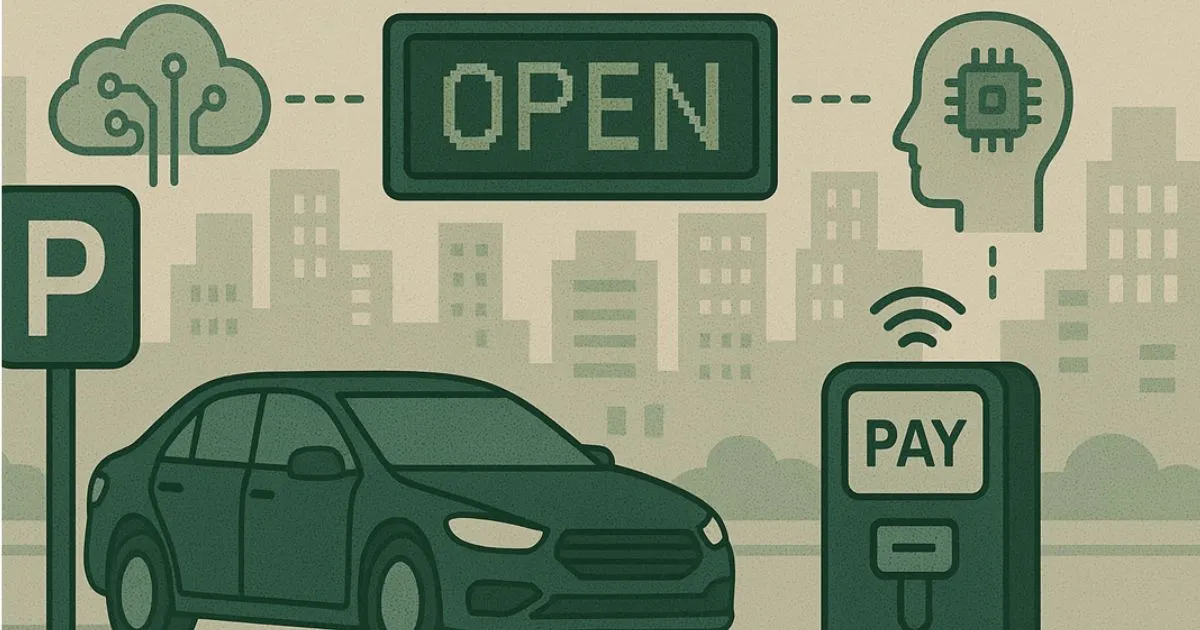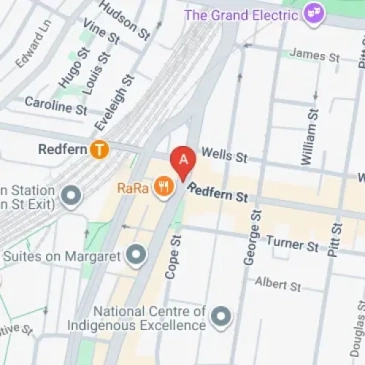The Rise of Smart Parking: How IoT and AI Are Revolutionizing Urban Mobility

Cities across the world are facing challenges of congested traffic and parking policies. Smart parking is making a difference. Cities are using IoT sensors and AI analysis to lower emissions, reduce time, and save money. For online berting enthusiasts, platforms like live roulette Australia highlight how real-time data transforms user experiences—similar innovations now guide parking decisions seamlessly.
Smart Parking by the Numbers: Key Insights
In recent years, there has been an increasing adoption of smart parking technologies because of sustainable urban mobility. Cities using these systems have noticed a big increase in traffic flow and smaller carbon footprints. Here you’ll find some great statistics from the Women’s Empowerment revolution.
- More than one-third of all urban congestion comes from people who are looking for parking spaces. Overall, this cost cities about $73 billion each year in wasted fuel and lost time.
- The smart parking market around the world will grow to $11.5 billion (approximately Rs 89,000 crore) by 2027. It will be a CAGR of 14.3% from 2022.
- Smart parking systems, originated in London, have contributed to a decrease in average search time by 43% along with a saving of 6.7 million hours by drivers yearly.
- The pilot of SFpark in San Francisco introduced dynamic pricing and updates on availability via sensors to curb greenhouse gas emissions by 30%.
- In Europe by 2025 60% of new parking infrastructure will have IoT monitoring, up from 22% in 2020.

How IoT Sensors Are Redefining Parking Efficiency
Conventional parking systems depend on manual checks or outdated signage which IoT changes. Sensors built into pavements or overhead cameras identify empty spots in real-time and transmit data to centralized platforms. Drivers get live updates through apps, so no more endless circling.
Cities like Barcelona and Singapore have deployed high-accuracy ultrasonic sensors for space detection. These systems also change the pricing based on demand in an area and also charges higher price so that drivers can turnover at that place. The result? Fewer idling vehicles and optimised space utilisation.
AI’s Role in Predictive Parking Management
Smart parking is aided by artificial intelligence technology. Cities can use machine learning algorithms to predict when their energy use will peak. For example, the AI model of Boston’s system predicts parking spike with 89% accuracy.
AI helps to catch those wrongly parked by using license plate recognition. This reduces manual patrols while increasing compliance. In Melbourne, these systems resulted in a 37% reduction in parking violations and released officers for other important tasks.

The Future of Urban Mobility Starts Here
Smart Parking is a concept that is not far-fetched anymore; with cities growing parallel to each other, the need for it has arisen. With the advancement of IoT and AI, we would see various autonomous vehicles that would help us. It would give us seamless connectivity with smart city grid systems. Driving is a pleasure in a less congested environment, with lower emission and a happy driver too. Urban mobility will never look the same.
**About the Author:** Daniel Battaglia is the Founder and Chief Executive Officer at Parking Made Easy. Daniel has been working in the parking and urban mobility sector since 2012. With a passion for simplifying parking and helping people save money and time, Daniel provides expert insights into the benefits of finding, booking and renting car parking spaces with the help of Generative AI. For enquiries, you can reach Daniel directly at daniel@parkingmadeeasy.com.au.



Share